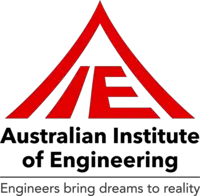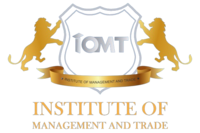
This role has a low level of AI exposure. Core skills such as adaptability, social intelligence, and complex physical tasks remain beyond the capabilities of current AI.
Explore all careersA Workshop Supervisor manages daily workshop operations, ensuring safety, quality, and timely completion of tasks, while leading and organising staff.
Get qualified to work as a Workshop Supervisor with a course recognised across Australia. Speak to a training provider to learn more.













In Australia, a full time Workshop Supervisor generally earns $2,200 per week ($114,400 annual salary) before tax. This is a median figure for full-time employees and should be considered a guide only. As you gain more experience you can expect a potentially higher salary than people who are new to the industry.
 Courses.com.au Team
Courses.com.au Team
This number of people working in this field is likely to grow strongly in coming years. There are currently 31,400 people employed in this industry in Australia and many of them specialise as a Workshop Supervisor. Workshop Supervisors may find work across all regions of Australia.
Source: Australian Government Labour Market Insights
 Courses.com.au Team
Courses.com.au Team
If you’re planning a career as a Workshop Supervisor, consider enrolling in a Certificate IV in Engineering. This course will develop your skills with ferrous and non-ferrous melting and casting operations, testing foundry related materials and advanced welding to code standards. A Certificate III in Engineering – Mechanical Trade may also be suitable.
 Courses.com.au Team
Courses.com.au Team
Browse occupations related to Workshop Supervisor



If you're seeking to advance your career in the automotive sector, consider enrolling in one of the many Workshop Supervisor courses in Windsor. These courses are designed to equip you with the vital skills and knowledge needed to effectively manage a workshop environment. Whether you're interested in engineering or specialising in electrical and manufacturing engineering, Windsor offers diverse opportunities to grow your expertise. With several registered training organisations (RTOs) and recognised industry bodies providing these courses, you can trust that you will receive top-quality training catered to industry standards.
Training providers such as the State Institute of Training (SIT) and the UTA Institute of Technology are at the forefront of delivering relevant courses in Windsor. Notably, UTAIT also offers a specialised course in Hybrid Electric Vehicle Inspection and Servicing Skill Set, which is crucial as the industry shifts towards more environmentally-friendly technologies. Enrolling in these courses not only enhances your qualifications but also positions you well for various job roles in the local engineering market.
Windsor, located in the vibrant Melbourne region, offers a rich blend of career opportunities in the workshop supervisor field. By engaging in engineering courses or exploring Electrical Engineering and Manufacturing Engineering, you can complement your workshop supervision know-how with diverse technical skills. With a total of 4 Workshop Supervisor courses in the area, aspiring supervisors can find the perfect course that aligns with their career aspirations right here in Windsor. Seize the opportunity to elevate your career and make a mark in the dynamic workshop environment today.